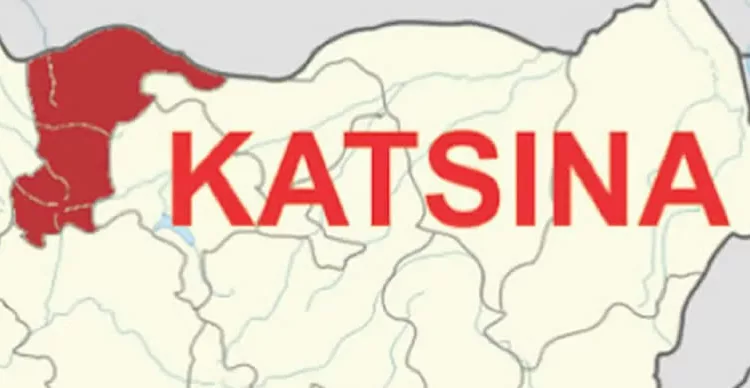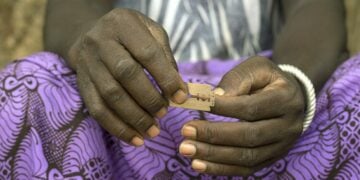Katsina State Ministry of Health has said of the nearly 100 private health training institutions in the state, only 38 are recognised, with nine of them fully accredited to continue academic activities.
The disclosure was made by the permanent secretary, Ministry of Health, Dr Ahmad Tijani, during the 2026 Pre-Budget Defence Session held before the commissioner for Budget and Economic Planning, Malam Malik Anas, who chaired the session.
According to the permanent secretary, the ministry carried out a thorough screening exercise to sanitise the health education sector and identify genuine institutions.
“Out of close to one hundred institutions operating in the state, only 38 were found to be authentic, and after rigorous screening, we passed nine that met the required national standards,” he stated.
The permanent secretary explained that the ministry is making continuous efforts to assist the remaining schools in meeting the required standards.
A task force committee set up to review previously closed schools has concluded its work and submitted a report.
In the presentation, the permanent secretary revealed that only one new private health school, identified as the School of Law School, has applied for accreditation and is expected to commence operations in 2026.
“For new schools, only one has shown interest and submitted an application for registration. Our ministry does not go out scouting for proprietors; we only process applications from those who apply formally,” she clarified.
Reacting to the presentation, Commissioner Malik Anas, who chaired the defence session, expressed concern about the ministry’s projection that only one new institution will come on board next year.
He argued that the closure of many schools has displaced hundreds of students, stressing that the state must accommodate the increasing demand for healthcare education.
“If all the 38 institutions had students before closure, that shows the urgent need of Katsina people for health-related education. Why limit approvals to only one school? We should encourage more institutions to apply once they meet the standards,” the commissioner urged.
Responding to the commissioner’s observation, the permanent secretary clarified that the ministry’s decision was not to restrict but to operate based on available data.
“So far, only one proprietor has formally applied for a new school. Once others show interest, they will be considered,” she said.
She also explained that students affected by the closure of substandard institutions have been absorbed into the School of Health Technology, ensuring that their academic progress is not interrupted.
The ministry also outlined fees for both renewal and new registrations. Existing institutions will pay ₦150,000 for renewal, while newly established schools will pay ₦300,000 for first registration. Renewal payments will be captured in the 2026 fiscal budget, while new registrations are to be processed this year.





